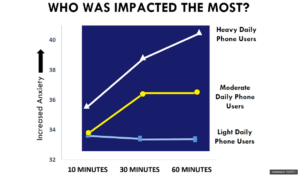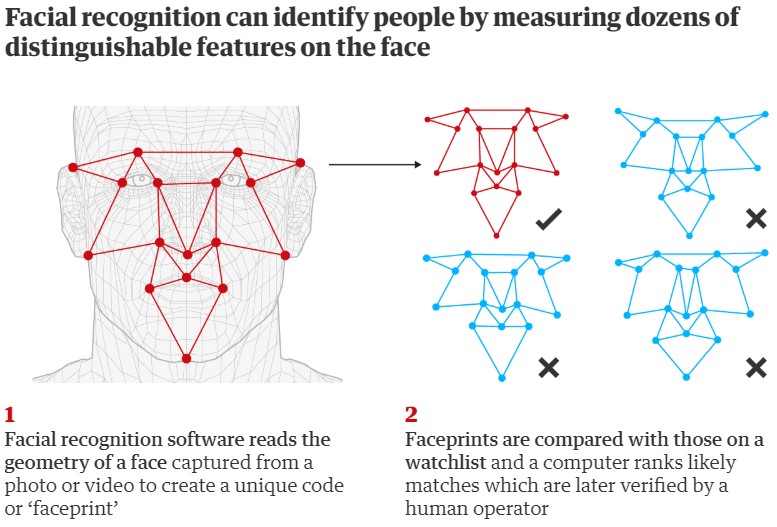It is great to observe how we are changing our world. Want to share some story or read some news? We can reach to thousands of people by few swipes of a finger via a device that fits in our pockets. Tired of travelling across the world to meet some business partners? Jump into the internet and organize a conference call. Tired of traffic jams or afraid of your concentration on the road? Use self-driving cars to make sure you will get anywhere on time and without causing any accidents. These improvements and many others make our lives much easier. We do not need some researches to see that more and more people use technology. Even some of the simplest daily tasks are becoming unreachable without the help of a machine. In some cases, it is turning out to have some dramatical impact. Recent studies are showing there is a huge amount of problems caused by new tech. And the number is increasing. Are we ready to develop ourselves among with technology, or are we letting it develop us?
Nomophobia:
“The fear of being without a mobile phone.”
“Give people the power to build community and bring the world closer together”- Facebook mission statement
I have recently played a game. I went out to a bar with a bunch of my friends. The rules were simple. We all put down our phones in the middle of the table. The first to pick it up is paying a bill. The reactions were quite the same. We all felt unconscious about not having a possibility to keep in touch with what is happening on social network accounts or about not answering the phone. I thought it is not a problem for me to get rid of my phone. Although I used to reprimand someone about the amount of time they waste on the internet I found it relates to me also. Just the fact I was not allowed to touch my phone stressed me out.

This graph illustrates one of the experiments that took place at California State University. Task was simple. Come into the class, sit down and do nothing for one hour. No talking, no moving, just sitting behind the desk. Students were separated into two groups: half was allowed to have a mobile phone in their pockets and the other half had to lean it to the professor. Surprisingly both groups had the same results. There was no difference whether students carried their phone with them or if it was taken away if they could not access it. They measured the level of anxiety throughout the experiment. It turned out that people considered as daily phone users were close to a panic attack at the end of an hour without using their phone.
Mobile devices are meant to create strong communities and increase the efficiency of communication. Ron Sirgley, the professor on the MIT created a survey among his students. After two weeks of not using their phone here is what he managed to figure out:
- People bring out their phones in face-to-face conversation. It is rude and unacceptable but still, it is happening.
- Mobile device is sometimes a shield from awkward situations. People prefer to lock in a small electronic box rather than keep eye contact or start a conversation.
- “I have to admit, it was pretty nice without the phone all week. Didn’t have to hear the fucking thing ring or vibrate once, and didn’t feel bad not answering phone calls because there were none to ignore.”- one of the students
Students pointed out some benefits of this experiment: better quality of sleep, doing things faster, easier to communicate with others. The tone of some students felt like they were referring to spending time with the mobile phone as a type of harassment. Phones reveal themselves as a new type of addiction. Every addiction influence our life by taking our freedom of choice at some point. It should be for us in our world, not creating new world we can’t live without.
Digital dementia:
“Analogous state to Alzheimer’s might be linked to the screen lifestyle is as controversial as it is potentially troubling.”
Ever met someone with Alzheimer’s disease? It is scary to see how negative it affects their perception of the world. It used to be considered as an old people illness. Turns out it may not be anymore.
https://www.fox46charlotte.com/video/622915
Recent studies are showing we can destroy our cognitive abilities just by using electronic devices daily. There is plenty of children already with similar brain changes as older people with diseases. Overuse of smartphones lead to replacing our own memory with a digital one. While using all kind of digital technology we are switching from learning, remembering and processing facts to just reacting on some stimulations. Although these symptoms are not as dangerous and advanced as real dementia we should take a closer look at this topic. Computer games can elaborate our imagination, but should we put our cognitive abilities on the line? Especially if we are talking about the youngest? It is safer not to replace normal exercises with some digital tech, although it is easier and requires less effort. It also may transfer into depression, decreasing level of confidence and various learning disorders.
Sources:
Manfred Spitzer: “Cyfrowa demencja. W jaki sposób pozbawiamy rozumu siebie i swoje dzieci.” (parts)
https://www.technologyreview.com/s/614934/teenagers-without-cell-phones/
https://www.psychologytoday.com/intl/blog/mind-change/201507/digital-dementia


















